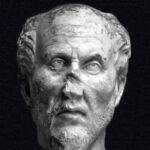
Books by Plotinus
Plotinus (AD 205–270) was a follower of Plato and founder of a school of philosophy subsequently called Neoplatonism. Our interview about the best books to learn about Neoplatonism is with Ursula Coope, Professor of Ancient Philosophy at the University of Oxford, who calls Plotinus “a deep and imaginative thinker.” This list includes books by Plotinus but also books that introduce his thinking, which can seem quite alien to a modern reader.
“This is a very short and accessible introduction to Plotinus. One of the things I really like about it is that it brings out the excitement of Plotinus. It doesn’t just tell you what he thought. It looks at his ideas in a way that engages with the philosophy and isn’t afraid to ask, ‘what could Plotinus possibly mean by this highly metaphorical language? Can we really make sense of it?’ Another thing that I like about this book is that each chapter points the reader to a relevant chapter in Plotinus. This means that the book connects you with the text so you can explore it for yourself. O’Meara does this very well. So the book gives you a lively introduction to what’s exciting about Plotinus, what’s puzzling or peculiar about him, and it also encourages you to go and read Plotinus yourself to see what O’Meara is talking about.” Read more...
The best books on Neoplatonism
Ursula Coope, Philosopher
“The other is Pierre Hadot’s Plotinus or the Simplicity of Vision (in the original French, Plotin ou la simplicité du regard). Hadot is especially good at bringing out the way in which, for Plotinus, philosophy is not only an intellectual exercise but also a way of life: a means to self-improvement and self-transformation.”
Ennead VI.8: On the Voluntary and on the Free Will of the One
by Plotinus, Kevin Corrigan, and John D. Turner
“Ennead VI.8 deals with two connected sets of questions about freedom: questions about what it is for human beings to be free and questions about what it is for a god (and in particular, the highest god, the One) to be free. With regards to human beings, he asks what it is for our actions to be in our control, or ‘up to us’. Plotinus ends up arguing for a very constrained picture of what it is for our actions to be up to us: we’re not properly in control of what we do when we’re ignorant or when we act on false beliefs. But even when we act on true beliefs, our actions aren’t properly speaking ‘up to us’ unless they are based on knowledge of what we should do.” Read more...
The best books on Neoplatonism
Ursula Coope, Philosopher
“Porphyry also wrote a short life of Plotinus, which tells us some interesting details about him. Of course, we can’t be sure how reliable it is. Porphyry wanted to paint a particular picture of his own relation to Plotinus. But it’s interesting to have the little details that we get from that portrait.”
Interviews where books by Plotinus were recommended
-

1
Plotinus: An Introduction to the Enneads
by Dominic O’Meara -

2
Neoplatonism
by Pauliina Remes -

3
Ennead VI.8: On the Voluntary and on the Free Will of the One
by Plotinus, Kevin Corrigan, and John D. Turner -

4
On Abstinence from Killing Animals
Porphyry and Gillian Clark (translator) -

5
On Providence
by Proclus and Carlos Steel (translator)
The best books on Neoplatonism, recommended by Ursula Coope
The best books on Neoplatonism, recommended by Ursula Coope
To the modern reader, Neoplatonist thinkers can seem quite alien, but engaging with them helps us to understand ourselves and modern philosophy better, says Ursula Coope, Professor of Ancient Philosophy at the University of Oxford. She recommends five books to introduce readers to Neoplatonist philosophy, starting with Plotinus in the 3rd century.
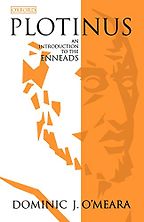
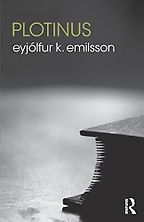
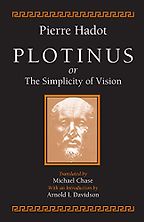
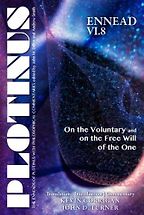
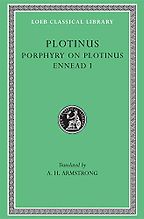
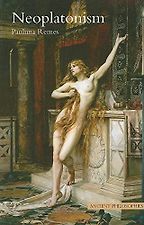
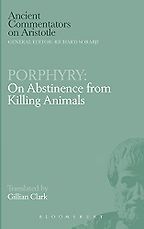
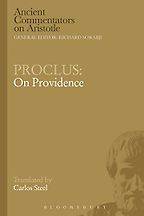
Ursula Coope on Neoplatonism, Five Books interview